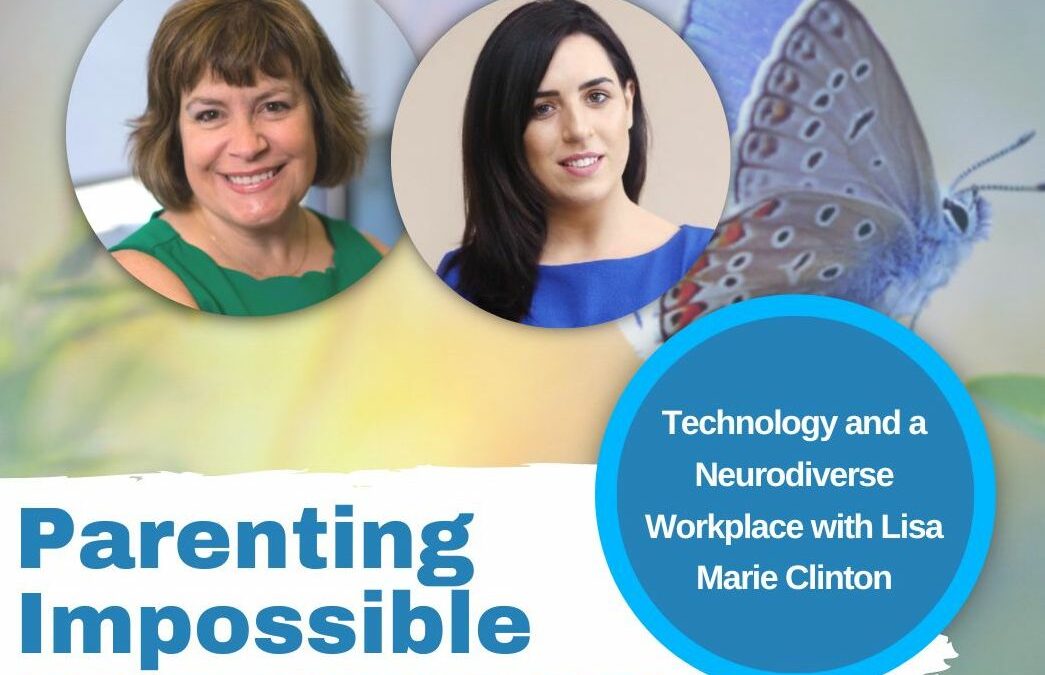Back-to-School Time
First, it’s back-to-school time for most students in the United States! Podcast host, Annette Hines reflects at the beginning of the episode on the busy preparation in her household for her two daughters that started a few weeks before the first day of school. Both her daughter Elizabeth with mitochondrial disease and her younger daughter, Caroline, needed separate, yet lengthy preparations that required extensive lists to organize it all. Grab our back-to-school checklist here.
Employment and the Disabled and Neurodiverse
Second, many families whose emerging students have now left school and are seeking job opportunities will be excited to hear about the advancements our recent Parenting Impossible episode guest, Director of avail Support Lisa Marie Clinton has made with assistive technologies through her avail® solution and creating a neurodiverse workplace. Employment is one of Hines’ favorite topics and is so relevant to today’s workforce where we still see hesitancy on the part of employers to hire neurodiverse or disabled individuals. Despite the struggle of many companies to fill empty positions, disabled people are still cut off from the workforce due to challenges like needing more hands-on or assistive support to perform their jobs. In 2021, 85% of the 5.6 million adults with autism in the U.S. were unemployed or underemployed. In a time when employers are scrambling to fill empty job posts, imagine having a tool that would enable the ease of hiring and training neurodiverse individuals with a 90% retention rate to fill those positions! That performance metric is exactly the results that the avail® solution is achieving.
Clinton developed a solution called avail® that provides the one-on-one job support through digitalized tools to provide tailored training and ongoing support. Avail stands for “assisted visuals achieving independent living,” which acts as a type of job coach for the individual. Through Applied Behavioral Analysis (ABA) tools, avail® provides tailored training and ongoing support without the need for another person to provide these supports. The technology serves companies in various industries including residential living and schools to maximize services for residents and students. Based on her experiences teaching in a special needs school with students with autism, Clinton was eager to understand how people with disabilities could achieve independent living and employment. By asking questions like, How can we improve this space and services?, she started working to digitalize her materials and tools for students that evolved into avail®.
As Hines notes, if technology can replace a person in the workforce, then it empowers disabled individuals to acquire greater independence and freedom in the community. Furthermore, workplaces that employ neurodiverse employees enjoy numerous benefits like improved workplace culture, greater employee retention and development rates, financial benefits, and more.
Learn more about avail® here: https://centralreach.com/solutions/neurodiversity-hiring/
And more about the topic of employment and the disabled in our other episodes: Self-Advocating for Career & Life Possibilities and EP 13: Employment Opportunities and Entrepreneurship for People with Disabilities

